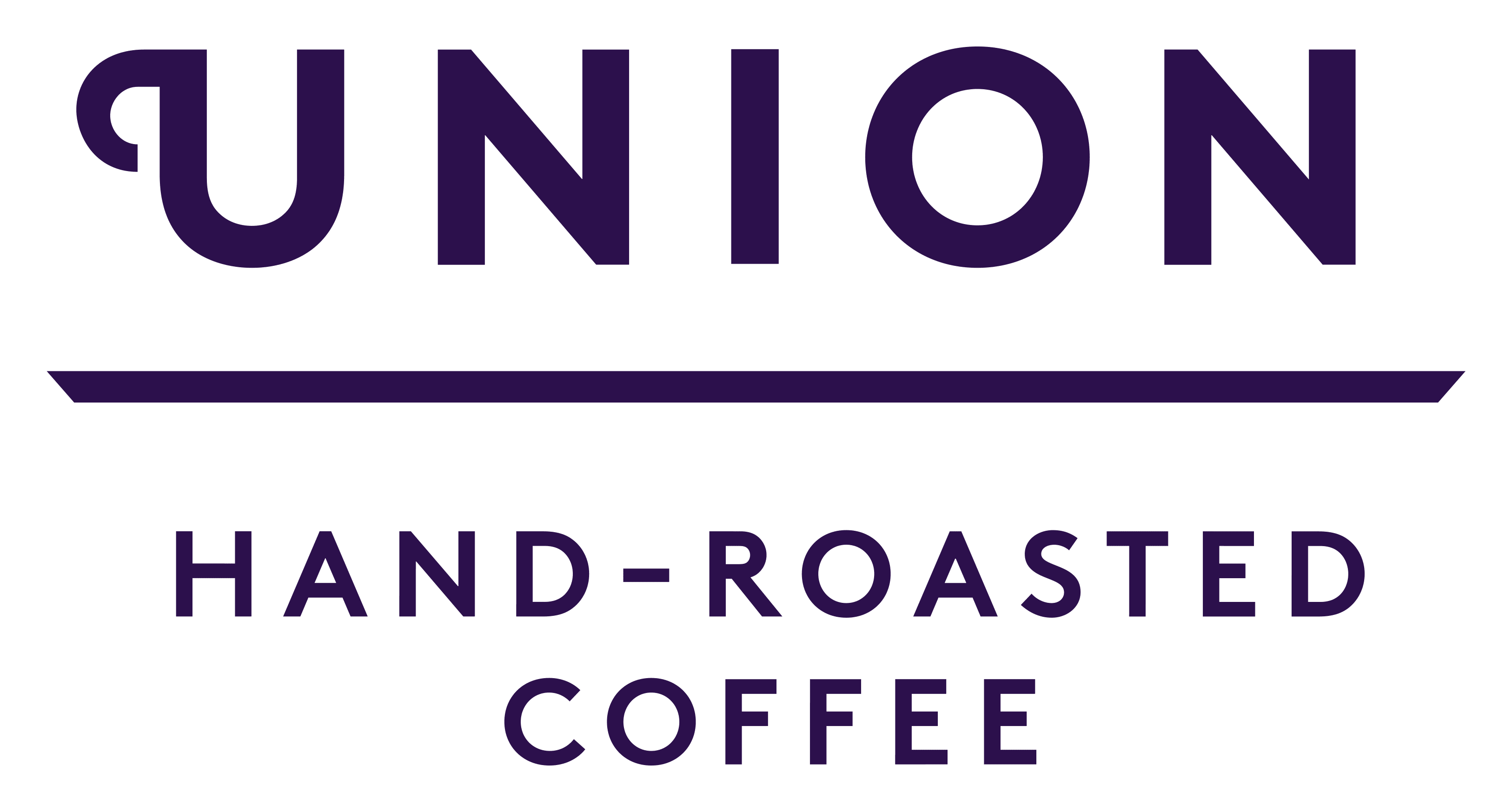First Published - May 8, 2013 (By Steven – Co-Founder)
If companies really want to make a difference in the developing world, it’s time to go beyond fair trade and get involved with farmers directly.
When commodity markets crash, smallholder farmers suffer. This is why British consumers participated in Fairtrade fortnight recently, recognising the work the Foundation has done to protect vulnerable groups of farmers and ensure they receive a fair price irrespective of how low the markets may fall.
But is the fair trade model the grandest of them all?
While the benefits are strong, allowing farmers’ co-operatives to attain higher prices and retain access to markets, drawbacks do exist. For example, the minimum price is only guaranteed to the co-operative, and not the small-scale farmer, or their workers at the end of the chain. Prices are fixed without adapting to country context, and costs are often high for producer organisations to become Fairtrade certified. And with coffee, roasters can end up bearing the cost of marketing the Fairtrade brand, through the payment of a licence fee to Fairtrade Foundation as a percentage of sales.
So is a cafe that serves Fairtrade coffee simply asserting they pay producers minimum wage?
Over the last 10 years, artisan coffee roasters such as Intelligentsia and CounterCulture in the USA, and Union in the UK, have pioneered direct trade as an alternative trading model. Ongoing market growth has been increasingly driven by higher quality coffee – so it has been within our interest to engage with farmers able to grow this high quality crop directly and build sustainable, long-term relationships. Prices can be personally agreed that cover the cost of production, and have an additional premium for high quality, with no additional cost to the farmer for certification.
While fair trade promotes ‘protection’ of farmers, direct trade offers ‘aspiration’. The fixed price a farmer receives from Fairtrade will not be affected by the quality produced, so farmers are not incentivised to take on the extra labour and input costs needed to grow a better crop. Quality-centric direct trade, however, allows for bespoke pricing agreements and collaboration in the field. A farmer that may be based in a region with outstanding climatic and topographical attributes for producing coffee, could, through a direct trading approach, become enabled to grow a greatly superior crop, and earn more money as a result.
An added benefit of working directly with farmers is the ability to spot the needs that arise within a community that would improve farming practices, and subsequently the quality of a crop.

Pro-active support in agricultural services for members of Esquipulas Co-operative in Guatemala. Demonstrating building a living wall "barrier vivo" to retard soil errosion on steep terrace.
An artisan company such as Union is driven by providing our customers in the UK with high quality coffee. So if we are able to invest our money in a centralised coffee washing station in Rwanda, or on workshop training in Guatemala that will train farmers to evaluate their coffees and not just to remove defects but to select for complex sensory attributes, it benefits business as we are constantly able to raise the standards of our coffee, and simultaneously improves the livelihoods of the farmers as their incomes increase.
Direct trade is not without its challenges. Not only is it another confusing term for consumers, particularly as there is no definition so the term can be freely (mis)used. To take up an authentic programme of direct trade takes a significant commitment from the buyer which requires building trust over a long period of time, and costs can be intensive. The obligation to improving quality needs to be at the heart of the organisation.
The overall objective of direct trade is to eliminate the power imbalances that exist in traditional supply chains. Poor information exchange on quality requirements can lead to farmers getting a lower price than they deserve – this builds distrust towards intermediaries in the supply chain and can induce farmers to tamper with the sacks or to augment weight. To counter this, direct trade is an approach taken to build mutually beneficial and respectful relationships between businesses and producers, by fairly distributing benefits and involving producers in decision making processes.

Interviewing farmers to gather information for our Monitoring and Evaluation study by our academic researcher in origin Pascale.
Above all, buyer and producer work together long-term, to produce a high quality coffee, and the farmer is paid a price linked to the quality of their crop. Just as no business would brag it pays minimum wage – so should any industry reliant on commodities be striving to pay their producers in the developing world above minimum requirements, to incentivise innovation, and improvements in quality. It can only result in a better wage for the farmer and a better coffee for consumers at home.
This blog appears on the Guardian Sustainable Business site.


